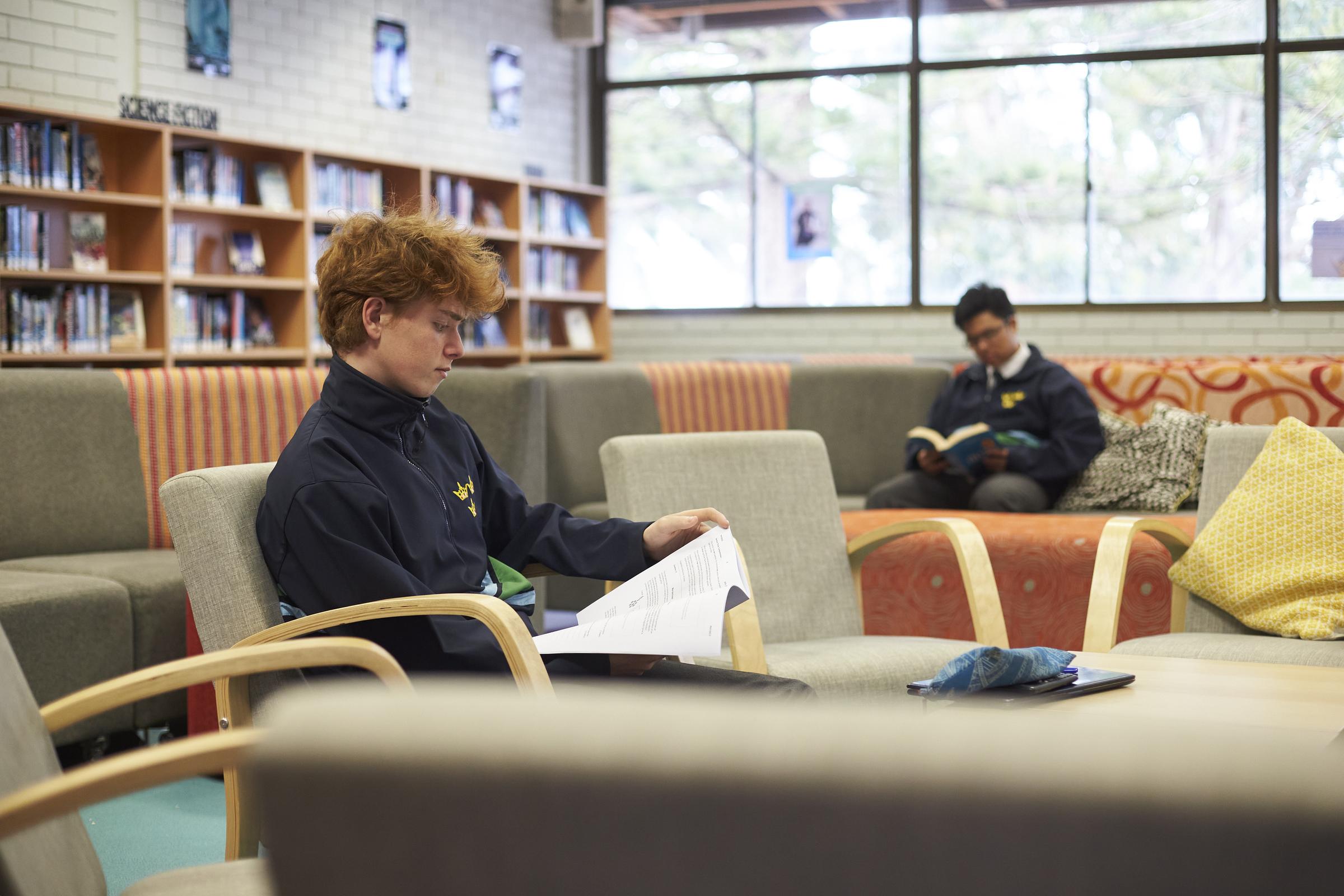Diversity Views

Neurodiversity
Discussing neurodivergence, especially as a parent of a neurodivergent child or an ally, is fundamental in creating inclusive environments. We often talk with our parents about the importance of these conversations. The good news is that when we lead with empathy and understanding, these discussions can be relatively straightforward.
I recently had the pleasure of attending a junior school class where a brave young man shared his lived experience as a neurodivergent person. He spoke with honesty and humour about his strengths and challenges, acknowledging that these can sometimes make the school day tough. What struck me during this session was the reaction of his peers, which was clearly driven by empathy. They eagerly shared their experiences, connecting over their similarities and differences, as well as their encounters with neurodivergence outside the college. Their contributions demonstrated that conversations about differences don’t have to be hard and that it’s okay to recognise that each of us is unique.
Neurodiversity is based on the belief that no two brains are the same, and this is how we should begin conversations with our students and children. Recognising that some people may think, act, or look differently from what is considered 'normal' is essential. This can lead to discussions on how to behave when faced with these differences, always reminding young people to consider how they would like to be treated. Providing them with meaningful strategies they can use is essential.
Listening to these young students left me feeling hopeful for the future. Hearing them speak with knowledge and kindness was inspiring and reinforced the importance of open and honest conversations in creating a culture of understanding. As with all areas of life, knowledge is power.
If you have a topic that you would like covered (or a question answered) in Diversity Views then email Ms Calegari on calegari.natalee@trinity.wa.edu.au.

